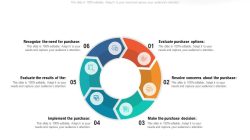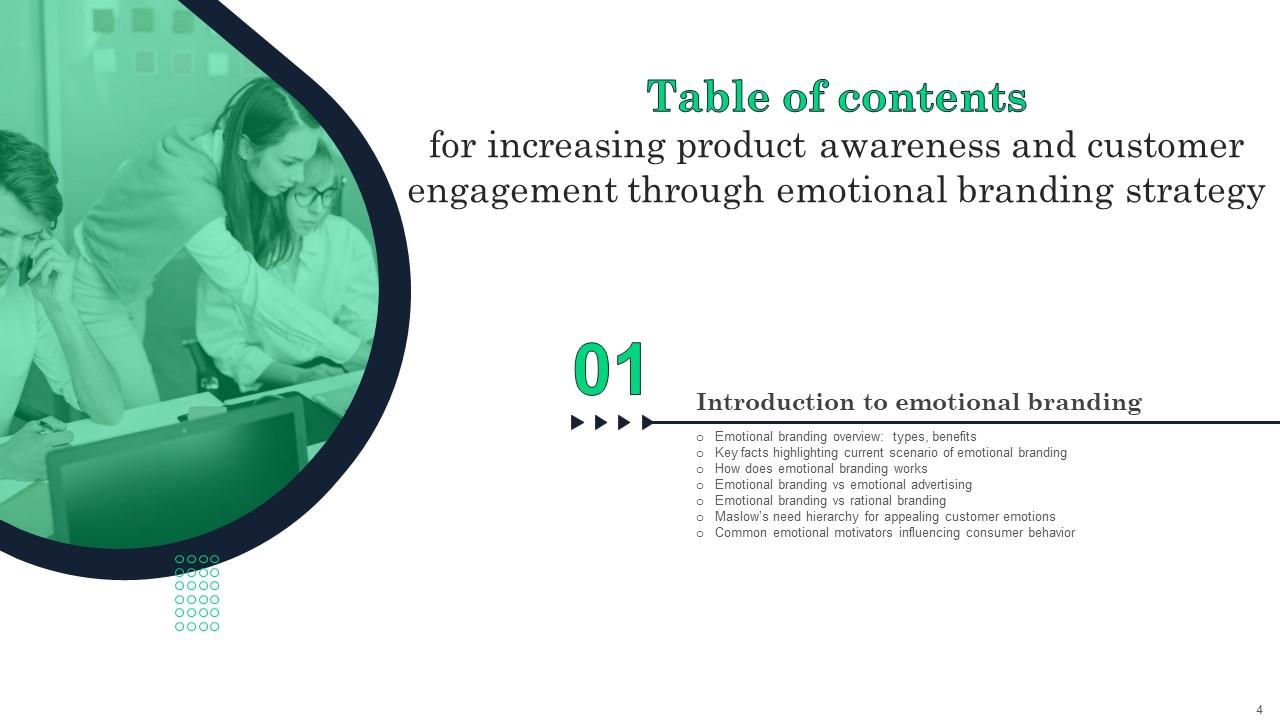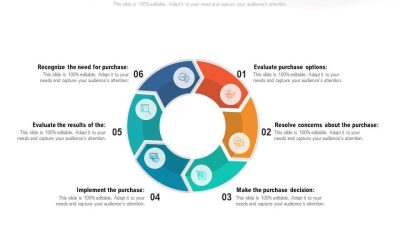Fuel efficiency is a crucial concern for car owners, as it directly impacts operating costs and environmental sustainability. With rising fuel prices and increasing awareness of carbon footprints, optimizing fuel efficiency is more important than ever. Fortunately, there are several ways to improve your car’s mileage, reduce fuel consumption, and save money.
This guide will cover essential tips and best practices for enhancing fuel efficiency, including driving habits, vehicle maintenance, and technological advancements.
1. Drive Smoothly and Responsibly
One of the most effective ways to improve fuel efficiency is by adopting responsible driving habits. Aggressive driving behaviors, such as rapid acceleration and hard braking, can significantly decrease your car’s fuel efficiency. Here’s how to drive smarter:
- Accelerate Gradually: Press the gas pedal smoothly instead of stomping on it.
- Maintain a Steady Speed: Use cruise control on highways to keep a consistent speed.
- Avoid Unnecessary Braking: Anticipate traffic flow and slow down gradually instead of sudden stops.
- Obey Speed Limits: Higher speeds lead to increased air resistance, making your engine work harder and consume more fuel.
2. Maintain Proper Tire Pressure
Tires play a crucial role in fuel efficiency. Underinflated tires increase rolling resistance, forcing your engine to work harder and burn more fuel. To optimize fuel consumption:
- Check Tire Pressure Regularly: Use a tire gauge and inflate tires to the recommended PSI.
- Rotate and Balance Tires: Ensuring even wear prolongs tire life and maintains optimal performance.
- Use Low Rolling Resistance Tires: These tires reduce friction and improve fuel efficiency.
3. Reduce Unnecessary Weight and Drag
The heavier your vehicle, the more fuel it consumes. Excess weight and aerodynamic drag can negatively impact fuel economy. To minimize these effects:
- Remove Unnecessary Items: Avoid carrying heavy loads in the trunk or back seat.
- Take Off Roof Racks When Not in Use: Roof racks create wind resistance, increasing fuel consumption.
- Keep Windows Closed at High Speeds: Open windows increase drag, making the car less fuel-efficient.
4. Use the Right Motor Oil
Using the correct grade of motor oil can enhance fuel efficiency. Manufacturers recommend specific oil grades that minimize friction and improve engine performance. To optimize efficiency:
- Use Manufacturer-Recommended Oil: Refer to the owner’s manual for the ideal oil type.
- Choose Energy-Conserving Motor Oil: Look for oils with friction-reducing additives.
- Change Oil Regularly: Fresh oil ensures optimal engine lubrication and efficiency.
5. Keep Your Engine Tuned
A well-maintained engine performs efficiently and uses less fuel. Regular maintenance can prevent issues that lead to increased fuel consumption. Follow these steps:
- Schedule Regular Tune-Ups: Replace spark plugs and check engine components for wear.
- Replace Air Filters: A clogged air filter reduces engine efficiency and fuel economy.
- Monitor the Check Engine Light: Address issues immediately to prevent fuel inefficiency.
6. Avoid Idling for Long Periods
Idling wastes fuel without moving your car. Modern engines are designed to use minimal fuel during restarts, so turning off your engine when parked can save gas. Consider the following:
- Turn Off the Engine When Stopped for Over a Minute: Except in traffic.
- Avoid Using Remote Starters Excessively: These can lead to unnecessary idling.
- Use Start-Stop Technology if Available: Many modern cars have systems that automatically turn off the engine at stops.
7. Plan Efficient Routes
Smart trip planning can reduce unnecessary mileage and fuel consumption. Consider these tips:
- Combine Errands: Minimize short trips by grouping tasks into a single outing.
- Use GPS or Traffic Apps: Avoid congested routes and find the shortest path.
- Drive During Off-Peak Hours: Reducing stop-and-go traffic improves fuel efficiency.
8. Use Air Conditioning Wisely
Air conditioning can strain the engine and reduce fuel economy. Use it efficiently by:
- Using Ventilation Instead: Open windows at low speeds to reduce AC use.
- Setting the AC to a Moderate Level: Avoid the highest cooling settings.
- Using Recirculation Mode: This helps maintain a consistent cabin temperature.
9. Choose the Right Fuel
Using the correct fuel type is essential for optimal efficiency. Some cars require premium fuel, while others perform well with regular gasoline. Check the owner’s manual to:
- Use the Recommended Octane Level: Higher octane fuel isn’t always necessary.
- Consider Fuel Additives: Some additives improve engine efficiency.
- Opt for Top-Tier Gasoline: It contains detergents that help keep the engine clean.
10. Upgrade to a Fuel-Efficient Vehicle
If you’re in the market for a new car, consider upgrading to a more fuel-efficient model. Modern vehicles offer advanced fuel-saving technologies, such as:
- Hybrid or Electric Vehicles: These significantly reduce fuel consumption.
- Turbocharged Engines: Smaller turbo engines deliver power while using less fuel.
- CVT and Automatic Stop-Start Systems: These features optimize fuel use.
Conclusion
Improving fuel efficiency not only saves money but also helps reduce environmental impact. By adopting better driving habits, maintaining your vehicle properly, and making smart fuel choices, you can maximize your car’s mileage and minimize fuel expenses. Small changes in daily driving routines can add up to significant savings and contribute to a greener planet.
Start implementing these fuel-saving tips today and experience the benefits of a more efficient ride!
















